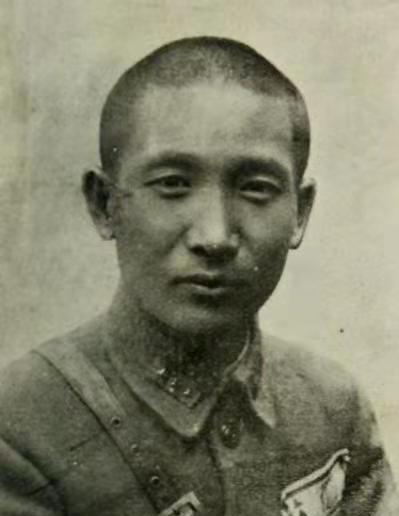In 1946, China had just ended its eight-year War of Resistance Against Japan, and before that, the country's land was not peaceful. It can be said that since the Western invaders opened the gates of the Qing Dynasty with their cannons, China has long fallen under the iron hooves of the invaders. Later, with the collapse of the Manchu Qing government, China was deeply involved in the chaos of mountains and rivers and warlords competing for hegemony.
After the Japanese invaders finally announced their unconditional surrender in 1945, the mood of all sectors of society in the country was mainly against the war, and the whole country was fed up with the days of war and hoped to recuperate. In this case, the Communists and nationalists negotiated in Chongqing and signed a peace agreement agreeing not to start a civil war without authorization. Unfortunately, Chiang Kai-shek's government did not abide by this agreement, and after only a year, he could not wait to start a civil war.

But what he did not expect was that the eight-year War of Resistance Against Japanese Aggression and the Communist Party's joint War of Resistance against Japanese Aggression had mostly formed a deep friendship with the revolutionary fighters of our Party among the low-ranking officers and fighters within the Kuomintang. And at that time, the anti-war sentiment did not only spread outside, but also within the Kuomintang, there were many people who did not want to start a civil war, after all, everyone lived on Chinese soil, and once the war began, no one could escape. Therefore, during the Liberation War, nearly 300 Kuomintang officers turned to the embrace of our Party, including General Zhang Zhizhong.
General Zhang Zhizhong was originally a concubine of Chiang Kai-shek. Before the all-out War of Resistance began, Chiang Kai-shek originally intended to encircle and suppress our Party first, and then consider the matter of resisting the Japanese aggressors, when the Japanese army occupied northeast China for several years, and finally, under the threat of the Xi'an Incident launched by Zhang Xueliang and Yang Hucheng, Chiang Kai-shek was forced to agree to the cooperation between the Kuomintang and the Communist Party and unite against Japan. During the Xi'an Incident, it was Zhang Zhizhong who guarded Chiang Kai-shek's safety, which shows how much Chiang Kai-shek trusted Zhang Zhizhong.
Although during this period, General Zhang Zhizhong was an enemy of our Party, during the War of Resistance Against Japanese Aggression, Zhang Zhizhong, who commanded the military and government of Hunan Province, cooperated tacitly with our Party. At that time, the communists were extremely short of materials, especially weapons and equipment and medicines, and Zhang Zhizhong used his position as chairman of Hunan Province to supply these important resources to our army for a long time. It is precisely because such excellent Kuomintang generals have a high degree of cooperation with our army that the anti-Japanese united front can proceed in an orderly manner.
It was precisely because of this experience of joint combat that after the end of the War of Resistance Against Japan, General Zhang Zhizhong was always unwilling to implement Chiang Kai-shek's policy of civil war. Although he always insisted on his passive attitude of avoiding war, Chiang Kai-shek did not express his dissatisfaction with him because of this, and when he called him, he still called him a word without a name, which was a way of expressing intimacy for the era at that time, especially for the relatively conservative Kuomintang.
Before the final defeat of Chiang Kai-shek's government, General Zhang Zhizhong, although he admired the Communist Party very much, always stood by his position, and during the last Kuomintang-Communist negotiations, we sent Premier Zhou Enlai, and the Kuomintang side sent General Zhang Zhizhong. In fact, the two of them had exchanged views in many previous peace talks between the Kuomintang and the Republic of China, and although they had different positions, they had formed a deep friendship. However, neither of them delayed the major affairs because of their private affairs, and General Zhang Zhizhong still tried his best to fight for the interests of the Kuomintang.
After the negotiations broke down, General Zhang Zhizhong finally could not stand the Kuomintang government, and he eventually did not follow Chiang Kai-shek to retreat to Taiwan, but threw himself into the embrace of New China. Unlike many senior Kuomintang generals who abandoned the Kuomintang because of the situation, General Zhang Zhizhong was very friendly with our party from a long time ago, and it was precisely out of the great righteousness of the family and the country and his recognition of the Communist Party's style of conduct and leadership philosophy that he chose New China. Although the Kuomintang under chiang kai-shek had various problems such as compromise and political corruption, it is undeniable that there were also many outstanding patriotic generals in the Kuomintang who eventually returned to the side of the people.